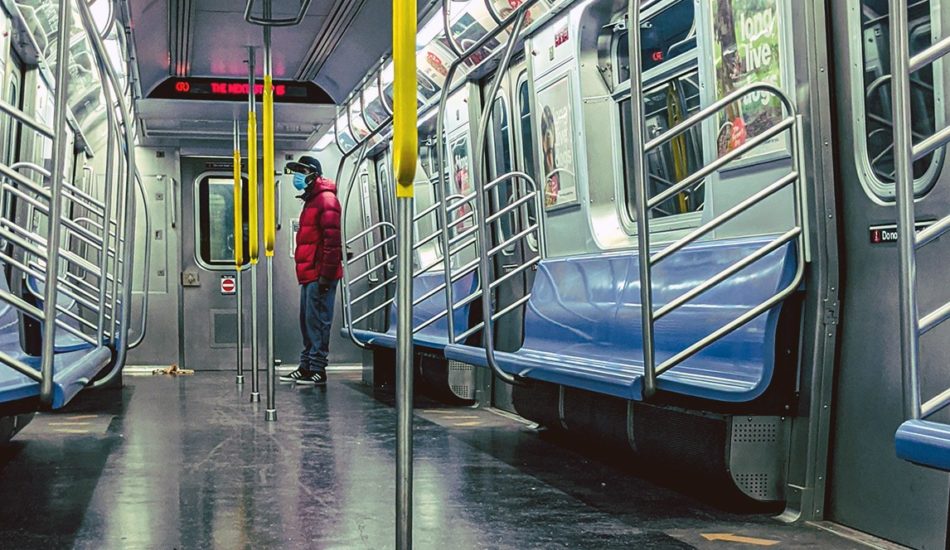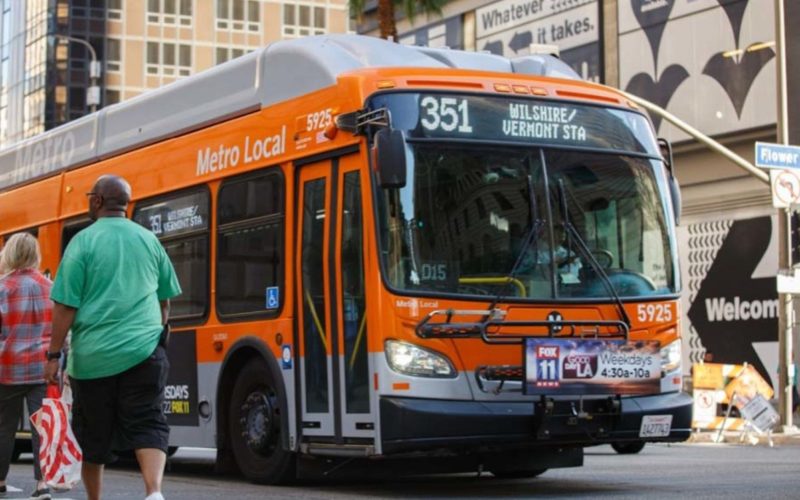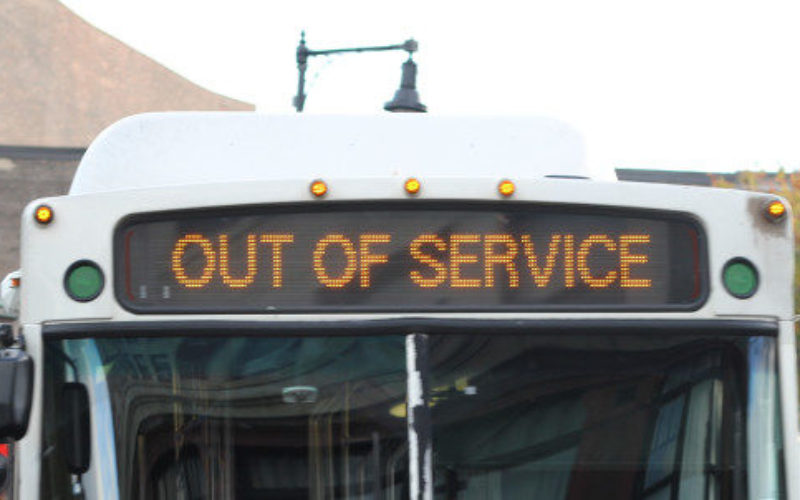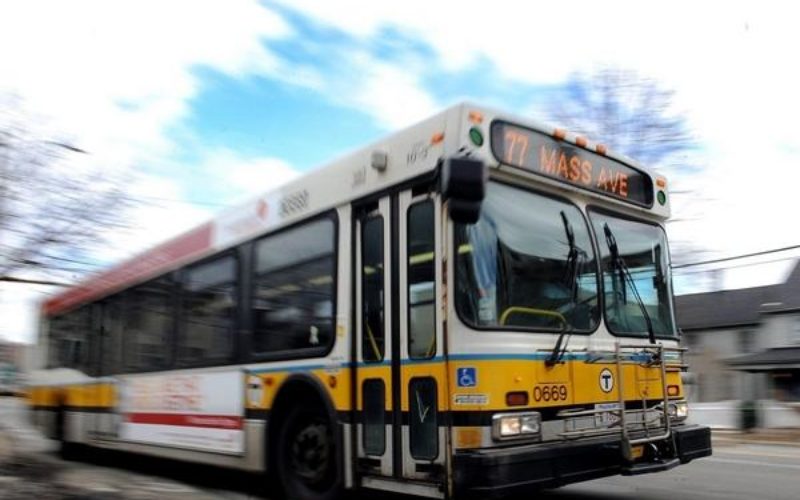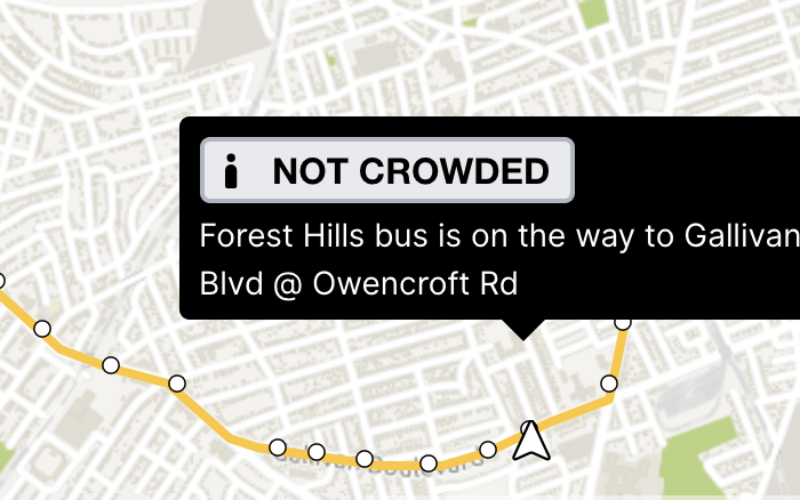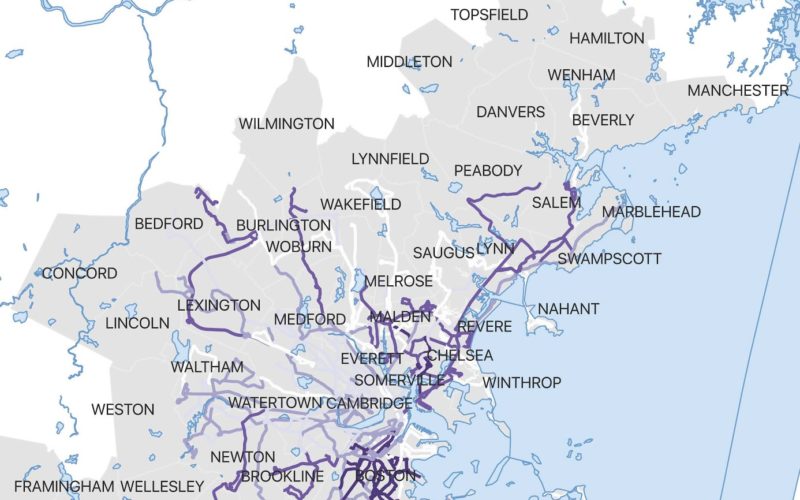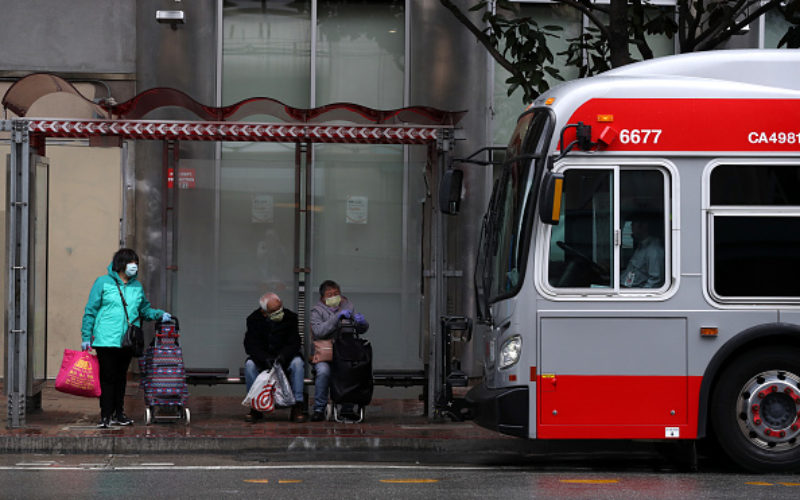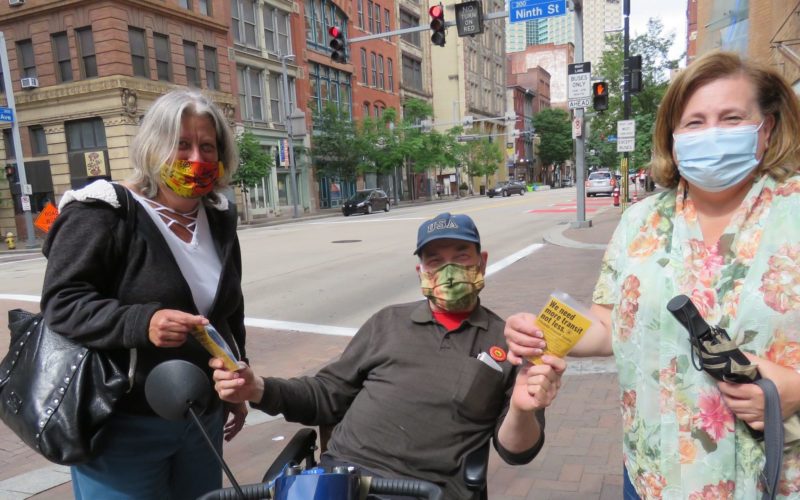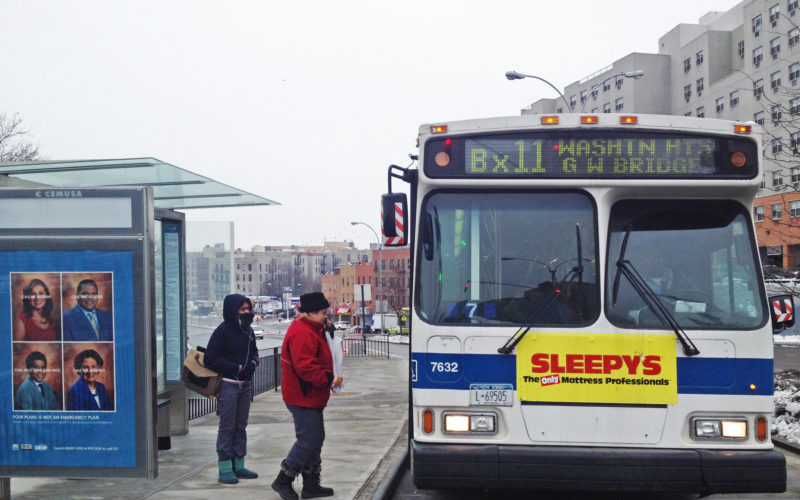Transit equity goes far beyond quantitatively assessing how service is distributed, but that is the extent of most transit agencies’ equity work. This one-dimensional understanding has hampered the transit field from achieving equity — long before the tumult of 2020.
Read MoreWhen money is tight for transit agencies, the need to prioritize is even greater. For LA Metro, prioritizing what transit riders need would entail turning away from highway and rail projects in outlying areas, and toward investments that serve the many essential workers who continue to walk and rely on transit.
Read MoreAs federal funding from the CARES Act runs out, transit agencies are running up against bleak financial shortfalls, and will have to cut service to the bone without emergency assistance. We spoke with three transit riders about how the loss of service would affect them.
Read MoreThe MBTA has developed a flexible approach to service provision tailored to the challenges posed by COVID-19.
Read MoreThe MBTA now offers crowding information on 23 of its bus routes, enabling riders to make decisions about how to minimize risk as they travel during the COVID-19 pandemic.
Read MoreTo meet the needs of people who have been most affected by the pandemic, agencies should go beyond the initial transition to weekend schedules and adapt service in response to shifting travel patterns.
Read MoreThe $25 billion for transit in the CARES Act, which passed in March, bought agencies in major cities a few months. But CARES funding was not sufficient to address the scale of the transit crisis, nor was it targeted well.
Read MoreAdvocates in Pittsburgh, San Francisco, and Durham, N.C. are distributing masks to riders, and using mask giveaways as an occasion to organize riders to demand better transit service.
Read MoreIn a new report, the Bus Turnaround Coalition calls on Governor Andrew Cuomo and Mayor Bill de Blasio to advance an equitable recovery from the COVID-19 crisis in New York City by making bus improvements a top priority.
Read More